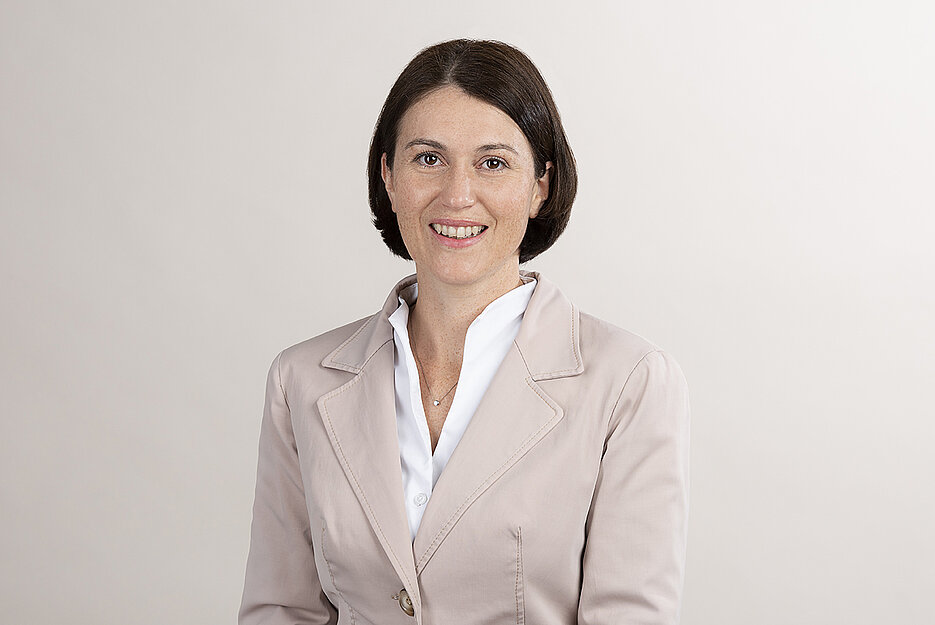Prof. Sarah Kittel-Schneider, Medicine
29.03.2022Professor Sarah Kittel-Schneider is Deputy director and W2 Professor of the Department of Child and Adolescent Psychiatry, Psychosomatics and Psychotherapy of the University Hospital Würzburg.
Prof. Kittel-Schneider, how would you describe your work to a non-professional?
I am a clinician scientist that means treating patients, doing research and lecturing students. In my group, we are interested in neurodevelopmental mental disorders that appear in childhood and adolescence and then persist into adulthood. We are especially interested in Transitional Psychiatry (Transition meaning the period from adolescence into adulthood and the treatment of mental disorders in this special phase of life) and the research of biological pathomechanisms of ADHD (attention-deficit-/hyperactivity disorder) and affective disorders (bipolar disorder and major depression). Furthermore we are investigating perinatal mental disorders, meaning mental disorders during pregnancy and breast-feeding period and their impact on the development of children of affected parents.
What do you like the most about your job?
My job is very multifaceted. I appreciate the combination of the clinical and research work. From my experiences with the patients, I also develop new research ideas and thereby hopefully contribute to improvements in diagnostics and therapy. Furthermore, I get the possibility to teach and inspire students and junior scientists.
What is in your opinion the biggest challenge?
The biggest challenge as a clinician scientist is to balance the different areas of work and to organise the manifold tasks.
Can you describe a current trend in your field of work/what will be new in the future?
Also in psychiatry, we are aiming at the development of precision medicine and personalised therapy approaches. Additionally, established therapy options will be augmented to achieve greater efficacy in patients that are responders to that specific kind of therapy. Examples are the use of virtual reality in psychotherapy or the combination of psychomimetic substances or non-invasive brain stimulation and psychotherapeutic interventions.
Do you think that a new developement in our society could help to diminish the numbers of mental disorders - if yes, what could that be?
In my opinion, a greater awareness of mental health issues and less stigma of mental disorders would greatly help to establish prevention interventions and recognize early signs and symptoms and start treatment very early on. This could reduce at least severe courses of mental disorders and improve the prognosis of the affected individuals. Ideally, in the future we could also prevent the onset of a manifest mental disorder by using specific prevention strategies in at risk populations. Additionally, a greater participation of individuals with mental health issues in work and social life would be beneficial not only for the affected but also for the whole society.



